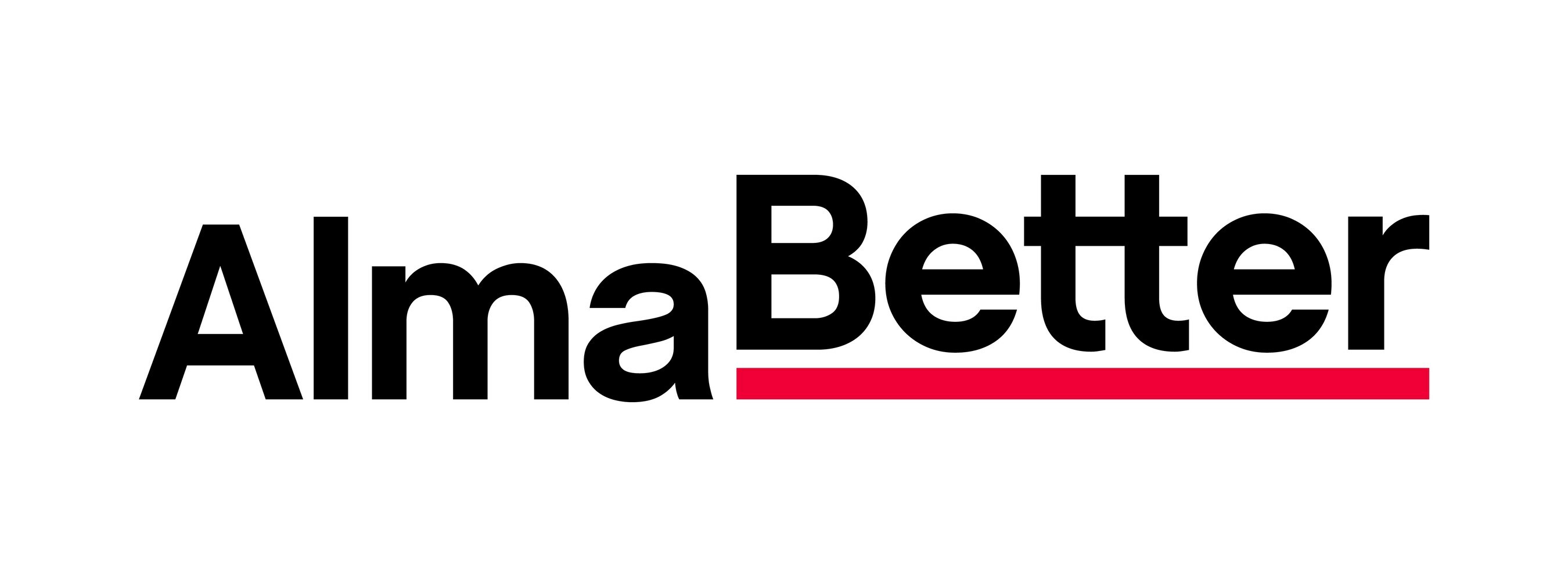Tailored solutions for every education provider

Let your students start online...
Attract more students with a model that balances flexibility and tradition.



Student Progression (StudyTrack)
Guide students naturally from short courses to full degree enrollment.
Frequently Asked Questions
Yes. Woolf is a fully accredited Higher Education Institution in Europe. Degrees are issued under the European Credit Transfer and Accumulation System (ECTS), part of the European Higher Education Area (EHEA). Woolf’s degrees are recognized across 49member countries and beyond, including the United States and Canada. Independent credential agencies consistently evaluate Woolf’s master’s degrees as equivalent to those from nationally recognized universities. All member colleges benefit equally from Woolf’s accreditation.
Woolf’s accreditation and programs are listed on official European regulatory registers. For example, Woolf’s Master of Science degree is published on the MFHEA Qualifications Register. You can also review Woolf’s accreditation details directly on our accreditation page
No. Woolf does not sell accreditation. Woolf operates as a collegiate university. Each member college is part of Woolf and must meet the same rigorous academic and operational standards.
Woolf Labs supports the creation of new member colleges within Woolf. Sponsors—whether companies, nonprofits, or academic organizations—can propose a new college. Woolf oversees the academic and regulatory standards, while sponsors support the college’s growth. Once admitted, all Woolf colleges are fully integrated into Woolf and share the same accreditation framework.
No. Woolf is not an accrediting agency. Woolf is itself a licensed and accredited university. Like Oxford, our organizational units are called colleges, and each is named on its students’ degree certificates. Every Woolf college operates with academic freedom—proposing new programs, faculty, and students—while adhering to Woolf’s quality assurance policies and European standards.
Member colleges manage teaching, curriculum development, grading, and student life. Woolf provides centralized oversight—admissions, faculty verification, progression monitoring, and graduation approval—ensuring compliance with international standards.
Woolf is accredited by the Malta Further and Higher Education Authority (MFHEA) within the European Higher Education Area. Our accreditation ensures degrees meet the European Qualifications Framework (EQF) and ECTS standards, making them globally portable.
Woolf degrees are recognized in all 49EHEA countries and widely beyond, including the U.S. and Canada, through credential evaluations and immigration processes. Final recognition always depends on local regulations and evaluation authorities.
To establish a Woolf member college, an institution must:
- Have an academic board led by at least two PhD holders.
- Employ faculty with master’s degrees or higher, or at least five years of industry experience.
- Offer programs that meet Woolf’s degree standards, typically at the bachelor’s or master’s level.
- Deliver at minimum a European Award of 75 hours of structured learning.
No. Under European standards, onlineand on-campus degrees are accredited equally. All Woolf degrees meet the same academic and regulatory benchmarks, regardless of delivery format.





















